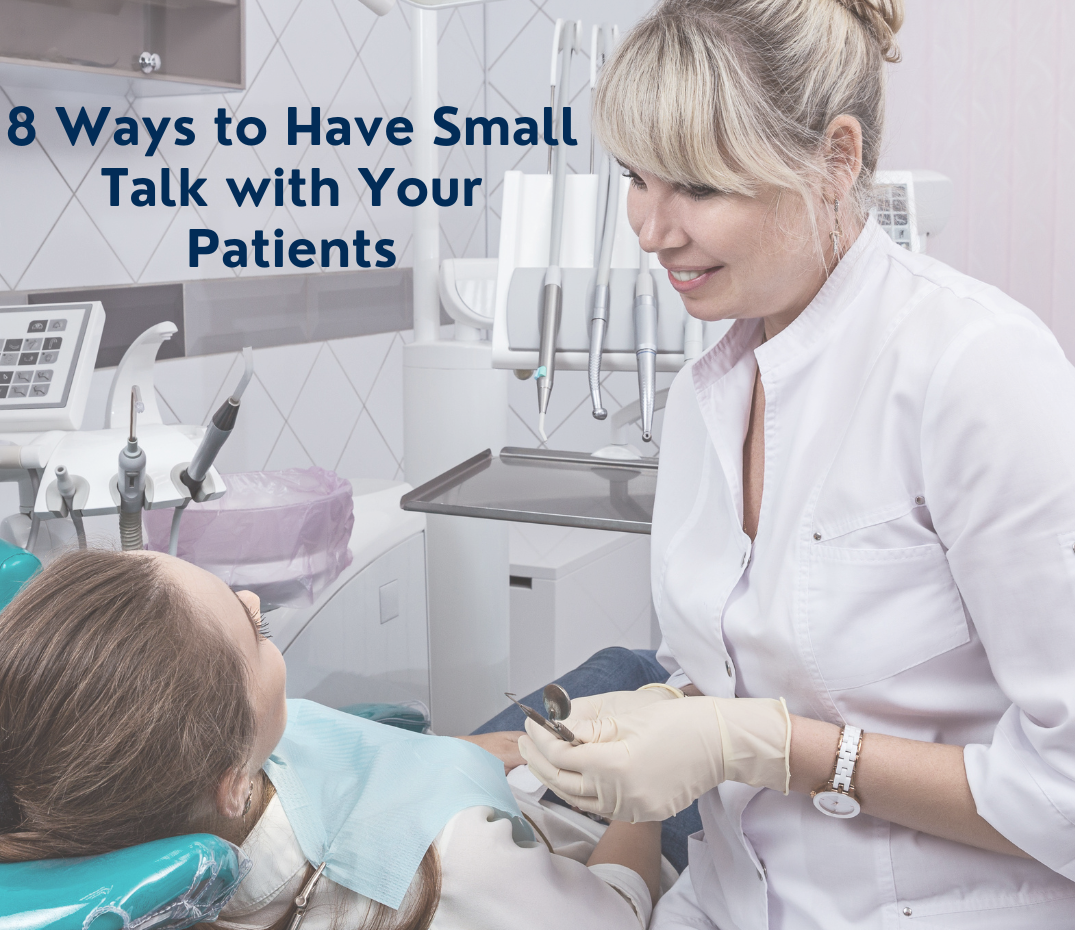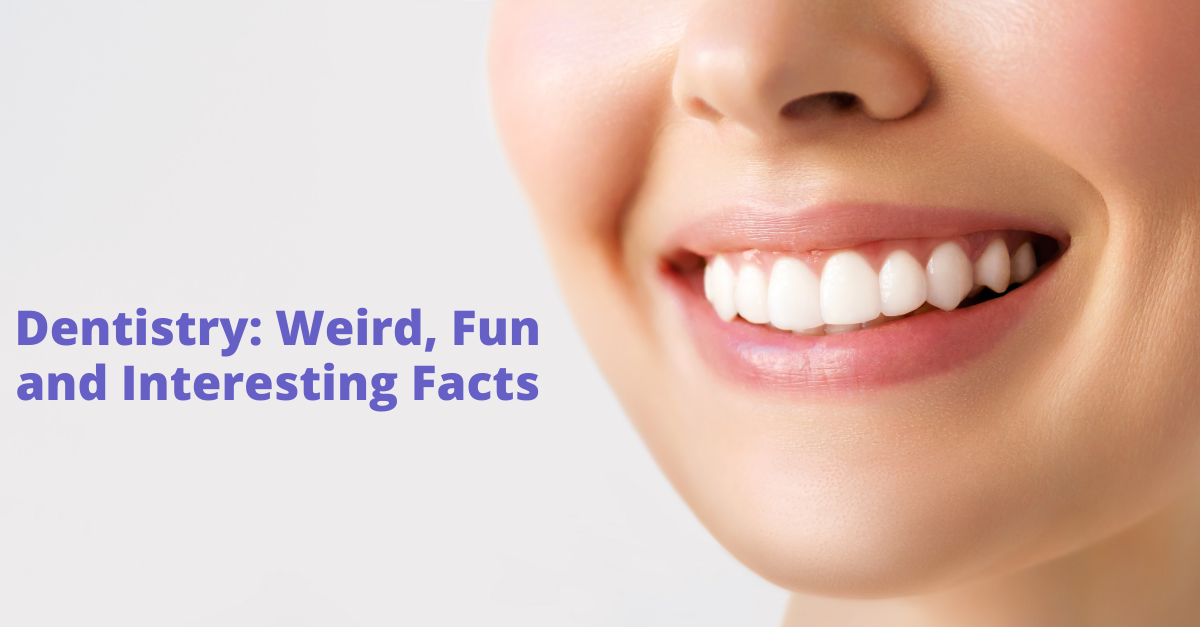Seven Questions You Should Ask A Dentist Before A Procedure

Dental work can cause anyone anxiety. That anxiety can be the reason for skipped visits or avoiding the dentist altogether. If you are in the chair and facing a dental procedure it would do you good to ask a dentist a few questions prior to a procedure. This will help you better understand how things are going to go down and can help calm your nerves. We know that the noises and tools used in your mouth can be nerve-wracking but it’s important to take care of your teeth and have good oral health. For this to happen you can always ask your dentist questions prior to the digging around. You may even be worried that the work your dentist is suggesting isn’t medically necessary at the moment. For some, you may be wondering why a dentist would suggest unnecessary work but it does happen. Some dental offices work on a commission base from the money they make of procedures. Having a healthy amount of skepticism could keep you from spending hundreds on unnecessary dental procedures.
Above all else, you should be working with a dentist that is open and honest about the work that you need to be done. You should not feel as if they are twisting your arm or pressuring you into signed the dotted line on a procedure that isn’t entirely necessary. Keep in mind that as a patient you have rights. These rights include knowing your dental history and asking any questions you wish to. You also have the right to answers before you sign off on getting any work done. If you are wondering what kind of questions to ask of your dentist you can start with one like “What kind of fillings do you use?” If your dentist is still using metals like amalgam then you should find new dental care. Amalgam has been found to have negative effects on your health. You’ll want to find a dentist that uses ceramic filing. Most filling materials carry a bit of risk but the more common safer fillings are ones like composite resin and plastic.

Another question worth asking prior to a procedure is whether your dentist gives nutritional advice that coincides with their oral health routines. If you don’t have conversations regarding your diet you may end up in the dark about what could be causing cavities, dry mouth, and other oral complications. When your dentist is unwilling or simply, does not, talk to you about how foods may be affecting your oral health they may also pass the blame to you. If you don’t know how your diet may be negatively affecting your mouth how are you expected to course correct? Issues such as sensitive teeth and cavities aren’t all to blame due to not flossing or brushing enough. You will want a dentist that covers all bases of oral health before allowing them to do any work on your teeth.
A further question to ask before giving the go-ahead on a procedure is what the least invasive action would be for treating your problem. Some people have heavy anxiety when sitting in the dentist chair and the thought of having a dentist cut open and dig around it your gums might make you faint of heart. However, you should discuss how your dentist goes about their procedures. Some offer different forms of anesthetics that can make your visit go much smoother, even if its just a teeth cleaning. Your dentist should be sympathetic to your situation and understanding. A dentist worth their salt will keep in mind that their patients have different needs and varying fear about dental work. They should be willing to walk you through the procedure, how invasive it may be and what options you have to keep you calm or keep you under while it occurs.
Another question to ask is whether your dentist can explain to you in layman’s terms what they are seeing so that you can describe it to a second opinion dentist. If they are unwilling to do so you might be right in assuming that is the kind of doctor that just wants to up your bill for the sake of it. Regardless of money, a dentist should be okay with giving you simplified understandings of the problem you are facing so that you can better assess the situation. If a doctor is certain and confident about their diagnosis they shouldn’t balk at the idea of it being shared with another dental professional. Being aware of the procedure your dentist wants to perform and also whether its 100% essential can save you unnecessary time and money spent. You could be seeing warning signs if your dentist doesn’t want to share in-depth explanations of your x-rays and wants to perform a bunch of procedures on you when it’s your first time visiting them.



